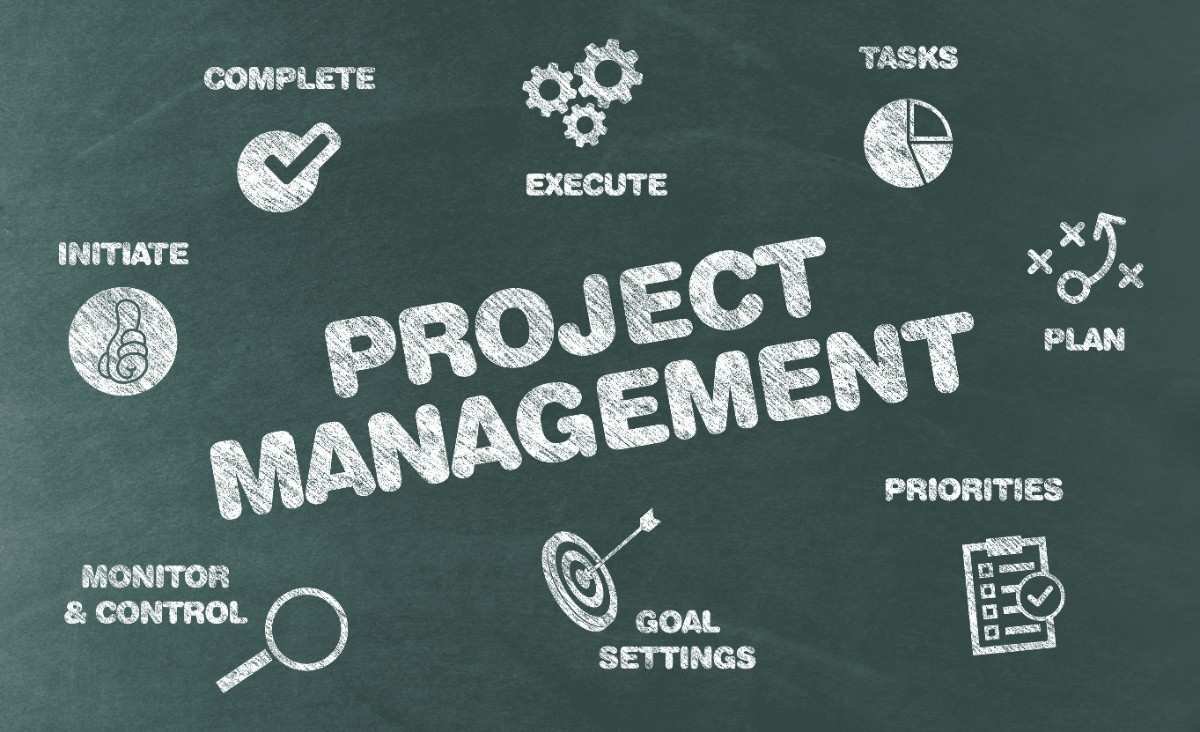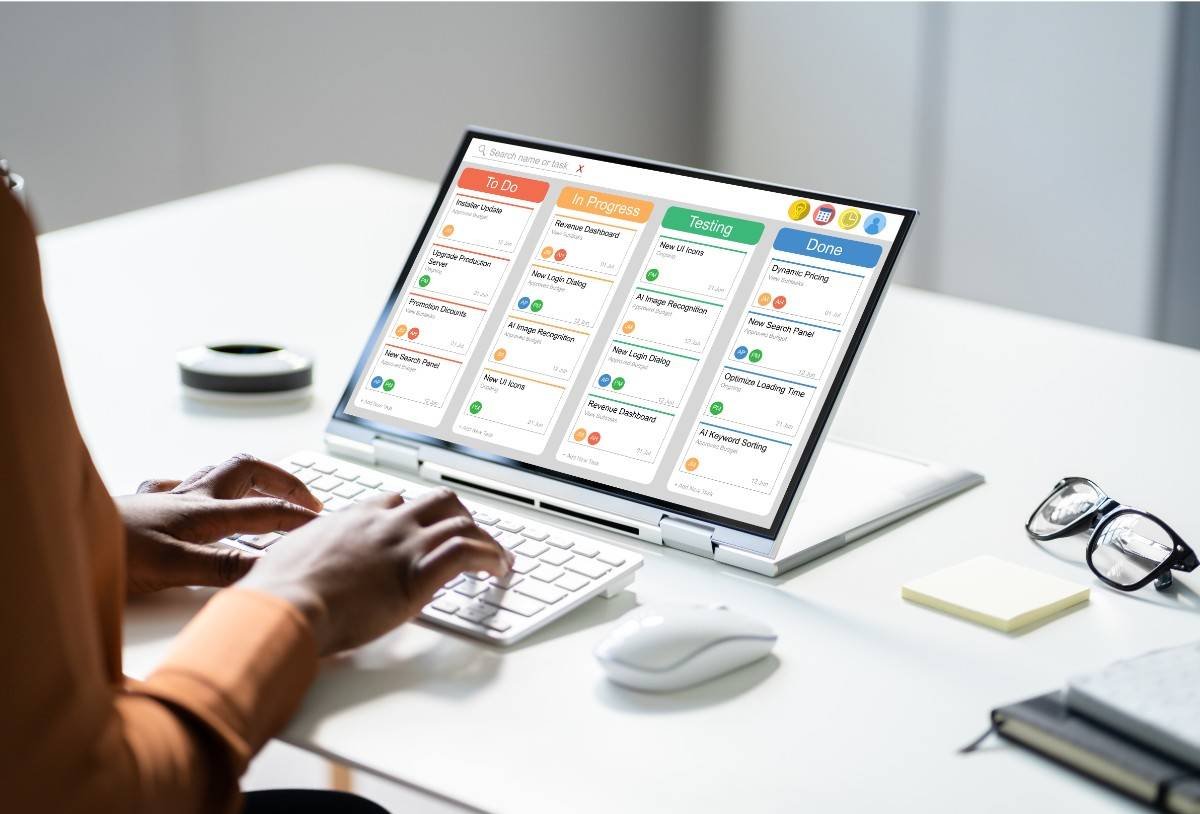Project Management Tools – Why You Should Stop Relying on Email Threads and Excel

Let’s be honest: we’ve all been part of projects where nobody really knew what was going on. Emails flying around. Deadlines buried in attachments. Excel files with five different versions — each more confusing than the last.
If that sounds familiar, it might be time to look into a proper project management tool.
What do these tools really do?
Project management software helps you plan, assign, track, and deliver work — in a way that’s visible and organized.
It’s not just about ticking off tasks. It’s about:
- Knowing who’s doing what (and by when)
- Keeping everyone on the same page
- Managing changes without chaos
- Spotting bottlenecks early
- Avoiding unnecessary meetings

Real-world scenarios where they shine:
- You’re running multiple client projects and need to track deadlines and deliverables.
- You want a simple way for your team to log progress.
- Your client wants status updates without daily calls.
- Tasks are slipping because everyone is “waiting for someone else.”
But isn’t it just more work?
That’s a common fear — but a good tool reduces effort. You get fewer update emails. People stop asking, “Is this done yet?” because they can see it for themselves. You spend less time following up and more time doing actual work.
How to pick the right one:
Keep it simple.
Trello, Asana, or ClickUp are good for teams new to project tools.
Map your process first.
Don't force your team to adapt to the tool — adapt the tool to your flow.
Make it visual.
People are more likely to use tools that are clean and easy to navigate.
Set up clear roles
Who’s assigning tasks? Who’s updating them? Avoid the “everyone owns it” trap.
